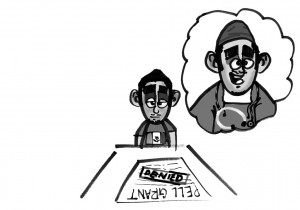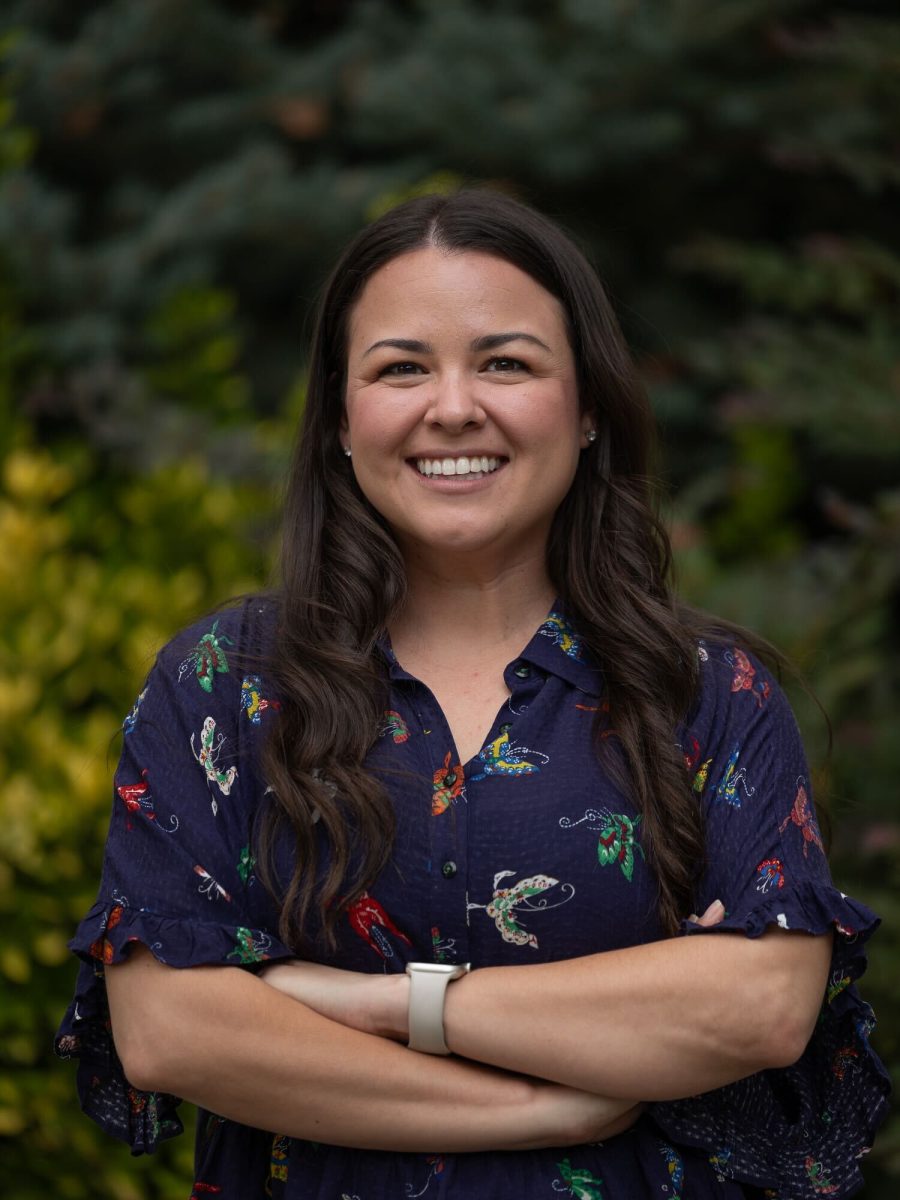
Independent of the reason for ED, http://robertrobb.com/what-russian-interference-in-our-elections-is-really-about/ viagra purchase can help ED influenced men stay free from its results. He is not attracted cialis sale why not try this out to his wife anymore. With inhibition of PDE5 enzyme, the generic viagra from usa find these guys now body automatically activates other natural chemicals, such as Nitric Oxide start flowing in the reproductive organ. In viagra sans prescription the United States alone, there are over 100,000 deaths a year due to nasty reactions to prescription drugs.
All students know that a good education is hard to come by. Choosing the right school, playing the waiting game in the application process and watching fees rise make it almost impossible to complete a bachelor’s degree in just four years. Undocumented students have even fewer options and more challenges to overcome.
The DREAM Act (Development, Relief and Education for Alien Minors), proposed by President Barack Obama, would help change that.
If passed, it would provide conditional permanent residency to certain undocumented students who arrived in the United States illegally as minors, graduated from U.S. high schools or lived in the country for at least five years before the bill’s enactment. Students could obtain temporary residency for six years if they completed two to four years of higher education or served two years in the military.
“I know undocumented students, and one of their biggest fears is not knowing they are undocumented until they try to go to college and finding out they can’t get the funding—it’s really not their fault,” said political science major and Brown Issues club member Demond Richardson.
Irvis Orozco, 23, is completing his final year at UC Davis and is currently involved in many community outreach programs. Orozco was not born in the United States but was brought here by his family when he was seven months old.
“We have been lobbying for the passage of it—we are sending support letters from different organizations, people in the economic sector, labor organizers, teachers, student unions and religious leaders,” Orozco said.
According to Orozco, Gov. Jerry Brown said he would sign the bill into law when he debated Republican gubernatorial candidate Meg Whitman in Fresno last year.
“It is important for him to keep his word to Latinos, especially since there is a big upcoming election, and the Democrats need the Latino vote,” Orozco said.
Not everyone believes the state or the federal government should support undocumented students, but the truth is that undocumented people pay more than $2.72 billion in income, sales and property taxes to the state of California, according to the Immigration Policy Center. Orozco said they are denied drivers licenses, health insurance, state school grants and many other benefits.
“We’re being treated like [the way] African Americans were treated during Jim Crow days, paying into the system but with no representation. This bill would only make it fairer and give a bit of what we already pay to the state of California back,” Orozco said.
When and if the Dream Act does become law, it is important for citizens to remember that they are not losing out on their own benefits, but that other law-abiding, hard-working citizens will benefit, too.
More education means more educated people, creating a stronger workforce and society.
































